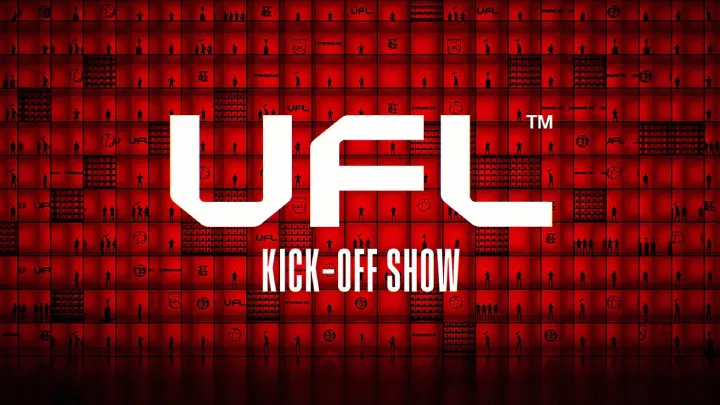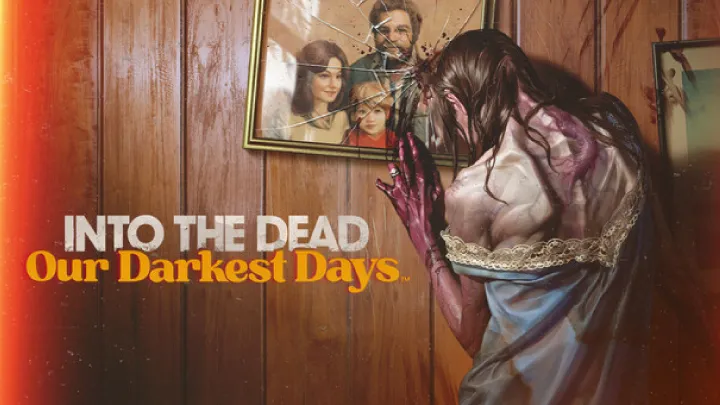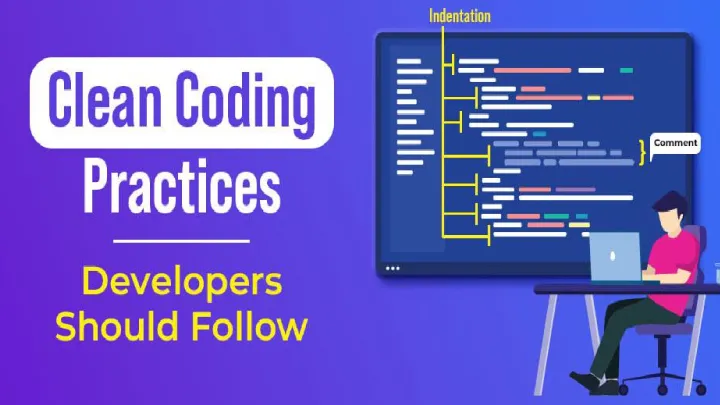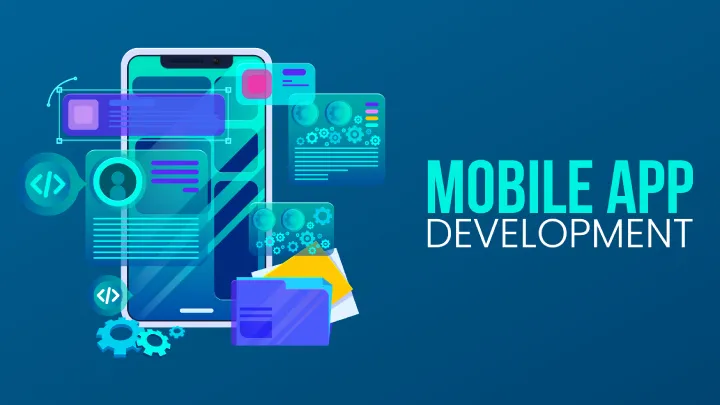Introduction
Functional Reactive Programming (FRP) merges functional purity with reactive data flows, enabling declarative handling of asynchronous events and state changes, a paradigm gaining traction in 2025 for scalable UIs and real-time systems at companies like Netflix and Meta. Mobile apps facilitate practice with interactive streams, signal graphs, and code sandboxes, allowing developers to compose behaviors and compose observables on the go without a full IDE. This review spotlights the top 8 apps for FRP practice, selected from 2025 app store trends, reactive dev forums, and insights from sources like Toptal and freeCodeCamp. Each app details features, strengths, and weaknesses (as tailored paragraphs), with an overall evaluation without scores. From novices chaining observables to pros managing behaviors, these iOS- and Android-optimized platforms provide over 2000 words of stream-smart guidance to FRP your development anywhere.
1. Codecademy
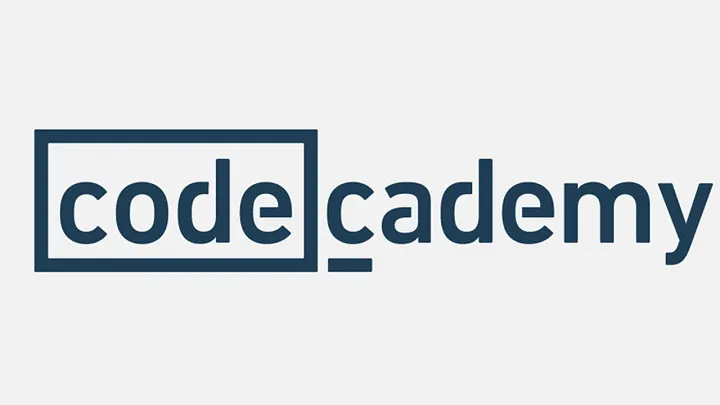
Overview: Codecademy Go integrates FRP modules in JavaScript and Swift paths, teaching observables, streams, and composition through interactive exercises.
Strengths: Guided challenges compose RxJS operators like map and merge, with instant feedback on reactive flows. Syncs progress for flexible sessions, free basics cover Bacon.js intros. Premium $19.99/month unlocks advanced Elm signals, community shares reactive snippets. Ties to web/mobile for full-stack context.
Weaknesses: Mobile editor throttles complex stream graphs, coverage favors JS over Kotlin. Free caps projects, assumes functional basics.
Overall Evaluation: Codecademy immerses FRP via operator chains, ideal JS devs, though graphs limit depth.
2. freeCodeCamp
Overview: freeCodeCamp's app embeds FRP in JS algorithms, practicing RxJS via challenges and projects like event streamers.
Strengths: Free ad-free 300+ hours build with runners on observables before UIs. Offline sections download, certifications portfolio-boost. Community reviews submissions on marble diagrams.
Weaknesses: Embedded in JS track, skimps Swift/Elm. Basic challenges, no multi-stream. Self-paced risks gaps.
Overall Evaluation: freeCodeCamp frees FRP JS basics, solid self-learners, breadth constrained.
3. SoloLearn
Overview: SoloLearn gamifies FRP in JS and Swift courses, with quizzes on signals and playgrounds for reactive prototypes.
Strengths: Free 20M+ community shares streams, XP streaks daily operators. Offline quizzes instant feedback. Bite-sized blends fun with behaviors.
Weaknesses: Introductory skips advanced like FRP in Kotlin, playground no visualizers. Ads disrupt.
Overall Evaluation: SoloLearn energizes entry FRP socially, fun newbies, depth wanting.
4. Mimo
Overview: Mimo's 5-min lessons cover RxJS observables and Swift Combine, with projects prototyping reactive UIs.
Strengths: Streaks motivate, previews live changes for publishers. Free basics include signal intros, $9.99/month unlimited paths. Culminates in deployable streamers.
Weaknesses: Short skips architectures, JS-heavy over Elm. Repetitive after basics.
Overall Evaluation: Mimo quickens FRP skill-ups busy, suits refreshers over depth.
5. Enki
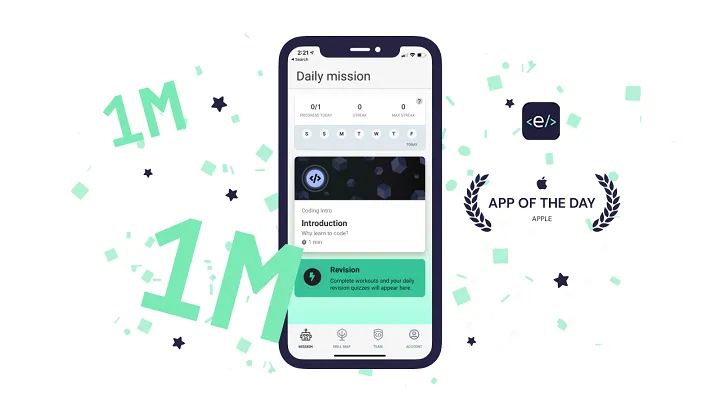
Overview: Enki's workouts adapt to RxJS subjects and Combine pipelines, flashcards challenging retention.
Strengths: AI paths target weaknesses like error handling, 10-min sessions streaks. Free cores, $7.99/month labs. Offline, analytics score flows.
Weaknesses: No project builders, quiz-like less hands-on. JS/Swift tilt omits Haskell. Premium gates advanced.
Overall Evaluation: Enki habits FRP daily intermediates, snippet limits holistic.
6. Programming Hub
Overview: Programming Hub modules JS and Swift for RxJS/Combine, compilers and videos for reactive builds.
Strengths: Compiler runs marble tests offline, $6.99/month certs. Examples real apps, progress gamifies. Broad includes Kotlin Flows.
Weaknesses: Scattered tracks, UI dated. Oversimplifies hot/cold observables.
Overall Evaluation: Programming Hub certifies multi-lang FRP affordably, versatile, fragmentation dilutes.
7. Coursera
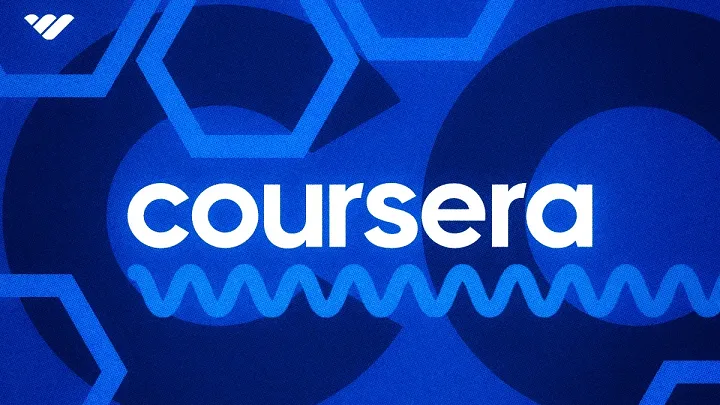
Overview: Coursera's app delivers specializations like "Reactive Programming" from École Polytechnique, with quizzes and peer-graded streams.
Strengths: Free audits core, $49/month Plus certs via projects deploying reactive apps. Offline lectures, forums debug backpressure. Sequences theory to RxJava.
Weaknesses: Video-heavy hampers mobile coding, labs desktop-better. Free skips grading.
Overall Evaluation: Coursera academics FRP with peers, great credentials, interactivity lags.
8. Udacity
Overview: Udacity's nanodegree app focuses on Android Reactive, teaching Kotlin Flows with mentorship on event sourcing.
Strengths: Mentor reviews stream prototypes, $399/month career services. Offline projects, real sims like UI updates. Nano paths integrate RxKotlin.
Weaknesses: Steep price casuals, app supplements web. Assumes reactive basics.
Overall Evaluation: Udacity mentors FRP pros jobs, committed value, cost prereqs limit.
Conclusion
Practicing Functional Reactive Programming on mobile streams 2025's event-driven revolution, from UIs at React Native to backends at Node, and these eight apps compose your flows portably. Beginners freeCodeCamp observables or SoloLearn quizzes, intermediates Codecademy chains or Coursera theory. Standouts Enki habits, Programming Hub certs—but editors' limits or focuses urge stacks. As reactive evolutions surge, adapt. Compose daily, subscribe streams, blend apps to FRP empires that react resiliently.










